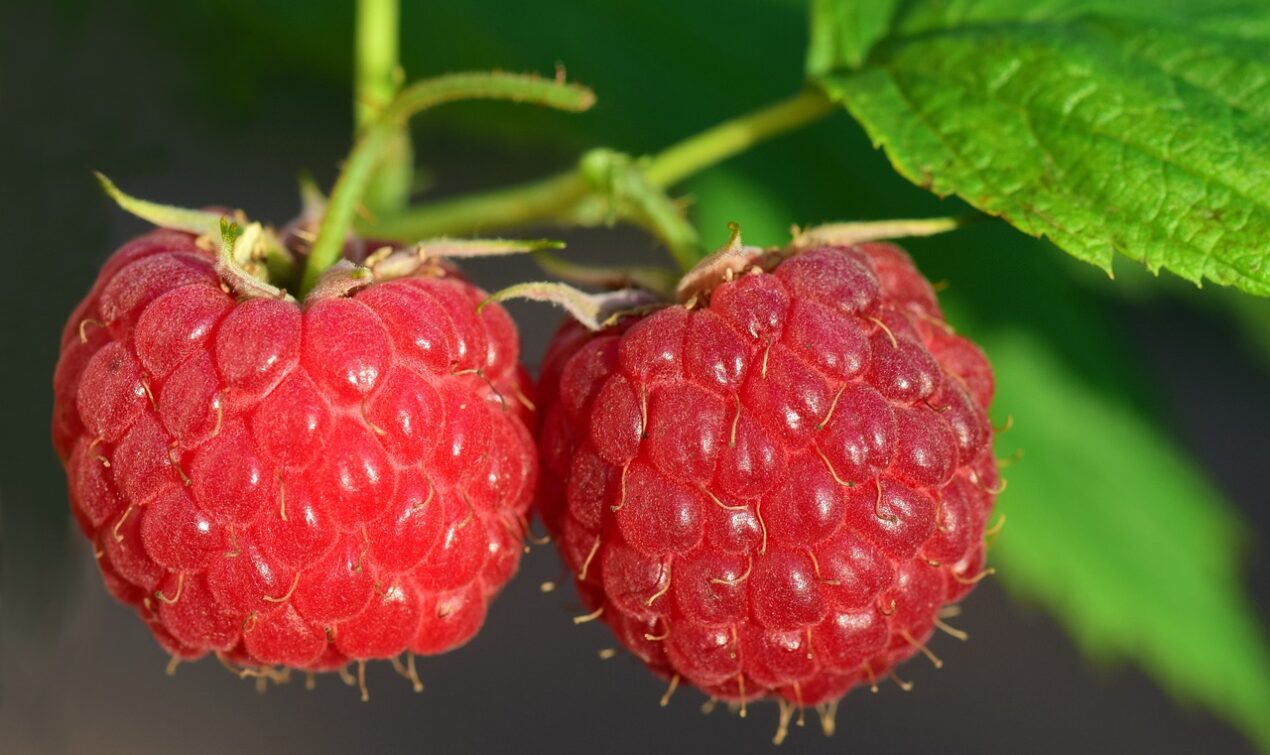Fruitarian diet: secrets, risks and cons

In recent years, the fruitarian diet has gained significant attention as an alternative approach to healthy eating; advocates of this dietary regimen claim that consuming primarily fruits can promote weight loss, detoxification, and overall well-being.
However, as with any restrictive diet, it is crucial to critically examine the potential secrets, risks and cons associated with the fruitarian lifestyle.
In this article, we will delve into the world of fruitarianism, exploring its principles, benefits and potential drawbacks to provide a comprehensive understanding of this dietary choice.
What is a fruitarian diet?
At its core, the fruitarian diet revolves around the consumption of fruits, including raw fruits, nuts, seeds, and, occasionally, vegetables.
Fruitarianism is often considered an extreme form of veganism, as it excludes all animal products and typically avoids grains, legumes and processed foods.
Proponents of this diet are drawn to its natural and pure characteristics, believing that fruits provide an abundance of nutrients while aiding the body’s natural detoxification processes.
What do fruitarian people eat?
Fruitarian people primarily consume fruits, nuts and seeds; the exact composition of a fruitarian diet may vary among individuals, as some may include small amounts of other plant-based foods.
Here is a breakdown of the main food groups consumed by fruitarians:

- Fruits: fresh, ripe fruits form the foundation of a fruitarian diet; this includes a wide variety of fruits such as apples, bananas, berries, citrus fruits, melons and tropical fruits. Fruitarianism emphasizes the consumption of raw, whole fruits, avoiding processed or canned fruit products.
- Nuts and seeds: fruitarian diets often incorporate a selection of raw nuts and seeds to provide essential fats, protein and additional nutrients. Common choices include almonds, walnuts, cashews, chia seeds, flaxseeds and sunflower seeds. These are typically eaten in small quantities due to their higher caloric density.
- Vegetables (in moderation): while fruits are the primary focus, some fruitarians may include limited amounts of vegetables in their diet. These may include leafy greens like spinach, kale and lettuce, as well as cucumbers, tomatoes and avocados. However, the quantity and frequency of vegetable consumption tend to be lower compared to a typical vegan or vegetarian diet.
- Dried fruits: dried fruits, such as dates, figs, raisins and prunes, are occasionally consumed by fruitarians. These can provide concentrated sources of energy and natural sweetness, although they should be consumed in moderation due to their higher sugar content.
- Sprouted grains and legumes (optional): some fruitarians may include small amounts of sprouted grains or legumes in their diet, although this is less common. Examples include sprouted quinoa, lentils, mung beans, or chickpeas. These foods are typically consumed sparingly and only in their raw, sprouted form.
It’s important to note that the specific food choices and variations within the fruitarian diet can vary among individuals based on personal preferences, geographical location and seasonal availability of fruits.
We recommend all fruitarians and those who wish to embark on this path, to consult a nutritionist, a registered dietitian or healthcare professional, to ensure they are meeting their nutritional needs adequately.
The Secrets of a fruitarian diet
- Abundant nutrients: fruits offer a rich source of essential vitamins, minerals and antioxidants necessary for optimal health. They are particularly known for their high vitamin C content, which supports immune function and collagen production; additionally, fruits provide dietary fiber, promoting digestive health and reducing the risk of chronic diseases.
- Hydration and detoxification: many fruits possess high water content, aiding in hydration and flushing out toxins from the body. The natural sugars in fruits, such as fructose, provide a healthier alternative to refined sugars found in processed foods, reducing the risk of obesity and associated health issues.
- Antioxidant powerhouse: fruits are packed with antioxidants, protecting the body against free radicals and oxidative stress; these antioxidants play a crucial role in reducing inflammation, preventing chronic diseases, and promoting healthy aging.
Risks Associated with a Fruitarian Diet
- Nutritional Imbalance: while fruits offer a multitude of nutrients, relying solely on them can lead to nutritional deficiencies. Fruits tend to be low in certain essential nutrients like vitamin B12, iron, zinc, calcium and omega-3 fatty acids. Deficiencies in these nutrients can lead to anemia, weakened immunity, bone loss and impaired cognitive function.
- Insufficient protein intake: protein is a vital macronutrient responsible for muscle growth, tissue repair and enzyme production. Fruitarian diets often lack adequate protein sources, making it challenging to meet daily protein requirements. Protein deficiency can result in muscle wasting, weakness and impaired immune function.
- Limited variety and sustainability: a fruitarian diet can be monotonous due to the limited variety of foods consumed; this lack of diversity may lead to food boredom, making it challenging to sustain the diet in the long term. Additionally, obtaining a wide range of fruits throughout the year can be expensive and unsustainable, depending on geographical location and seasonality.
Cons of a Fruitarian Diet
- Difficulty meeting caloric needs: fruits are generally low in calories, which may make it difficult for individuals with higher energy requirements, such as athletes or those with physically demanding jobs, to meet their daily caloric needs. This can result in weight loss, muscle wasting, and decreased energy levels.
- Potential dental health issues: the high sugar content in fruits, especially when consumed in excess or frequency, can contribute to dental problems, such as tooth decay and erosion. The natural sugars found in fruits can still have a detrimental effect on tooth enamel if proper oral hygiene practices are not maintained.
- Social challenges: following a fruitarian diet can be socially isolating.

The fruitarian diet, like any dietary choice, can have both positive and negative implications for one’s health. While it may provide certain benefits, it is important to consider the potential risks and limitations associated with this restrictive eating pattern.
On the positive side, the fruitarian diet emphasizes the consumption of whole, unprocessed fruits, which are rich in vitamins, minerals and antioxidants.
Fruits offer numerous health benefits, including supporting immune function, promoting digestive health and reducing the risk of chronic diseases such as heart disease and certain types of cancer.
Additionally, the high water content in fruits aids in hydration and the natural sugars in fruits provide a healthier alternative to refined sugars found in processed foods.
While the fruitarian diet may offer certain health benefits, it is crucial to approach it with caution and awareness of its limitations. It is advisable to consult with a registered dietitian or healthcare professional before embarking on such a restrictive eating pattern to ensure that all nutritional needs are met and potential health risks are minimized.
In conclusion…
Regardless of the specific diet plan you choose to follow, it is crucial that it adequately supports your body’s requirements for daily activities and maintaining good health.
If you’re following a fruit diet and it doesn’t provide enough energy for exercise or if you find it challenging, it’s time to make adjustments to your eating habits.
Whether your health goal is weight loss, overall well-being improvement or adopting a natural lifestyle, it is important to consult with your doctor before starting a fruit diet.
Moreover, if you have any pre-existing health conditions or take medications, a fruitarian diet could potentially have a negative impact on your overall health.
It’s essential to discuss this with your healthcare provider, who can explain the potential consequences of this diet and help you modify it to suit your specific needs and requirements.
To ensure you receive all the necessary nutrients and avoid any nutritional deficiencies, it is advisable to seek guidance from a registered dietitian. They can assist you in developing a customized diet plan that is suitable for you and ensures your nutritional needs are met effectively.
What do you think about the fruitarian diet? Have you ever tried it?



